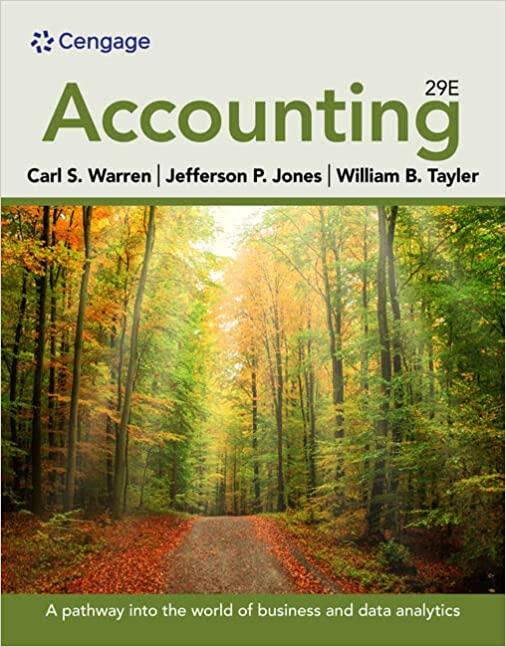Handout 7 Yukon, Inc. is a publicly-traded company with a December 31 year-end. Yukon operates an online retail business that fulfills online orders by shipping products directly to customers through a distribution center that has been located in State Z for the last ten years. This is the only physical presence that Yukon has in State Z. As a result, Yukon does not collect or remit sales tax on sales made to residents of State Z. The distribution center is vital to Yukon because State 2 borders eight other states and, therefore, is a central location for Yukon to reach its customers. Yukon would like to construct a second distribution center at the other end of State Z. Such a facility would reduce its delivery costs in the future by millions of dollars. State Z has denied Yukon a permit to build the distribution center until Yukon pays prior sales taxes totaling $30 million, $2 million in interest, and $3 million in penalties. Yukon's legal position has always been that it does not do business in State Z and is not subject to its laws. And State 2's legal position has always been that the distribution center constitutes a presence in the state subjecting Yukon to its laws as a corporation doing business in State Z. The year 2019 has ended and the financial statements take approximately two months to prepare and distribute, which is estimated to occur on March 1, 2020. In December 2019, State 2's legislature enacted an amnesty program that would forgive 50 percent of unpaid sales taxes and all interest and penalties if a company agreed to collect and remit sales taxes on all future sales made in State Z. In addition, State Z agreed to permit Yukon to build the second distribution center if they were granted amnesty. In January 2020, Yukon submitted the required application forms to participate in the amnesty and paid State Z a total of $15 million to settle its obligation through December 31, 2019. In a meeting of Yukon's CEO, CFO, and Amelia Emerson, the Controller and a CPA, to discuss in what accounting period to include the payment of the prior sales taxes (they were in agreement as to how), Amelia explained that the sales taxes might need to be reported in the financial statements for 2019. The CEO disagreed and argued that the 2019 year was over and proposed to account for the payment in the financial statements for 2020 - the year they were paid. He anticipated higher earnings in 2020, which would easily offset and absorb this $15 million hit to the income statement. The CEO was concerned that it would result in Yukon having to report a net loss for 2019. Of course, this would result in the CEO and the other executives not receiving their bonuses because Yukon fell short of reaching the forecasted earnings. The CFO offered what she thought could be a possible compromise by asking "why not just disclose the existence of the amnesty in Yukon's 2019 financial statements and not account for it until 2020?" The CEO expressed that this might work, but strongly suggested to Amelia that she needed to do more research and be absolutely 100% certain before discussing this issue further. The CEO made it very clear that mere disclosure was the most he would find acceptable. His final comment was "whoever heard of changing the books after the year has ended?" Amelia disagreed with both executives, but did not want to argue at the meeting until she could support her position with absolute certainty. Amelia thinks she knows in which accounting period to include the payment of the sales taxes, but wants you to provide her with your recommendation. Amelia was only recently hired as the Controller of Yukon and doesn't want to upset the CEO and CFO unnecessarily in case she is wrong. Even though it's Amelia's responsibility to decide when to account for transactions, Amelia is tempted to let the CEO and CFO do whatever they want. However, she also doesn't want to become involved with financial statements that violate GAAP







